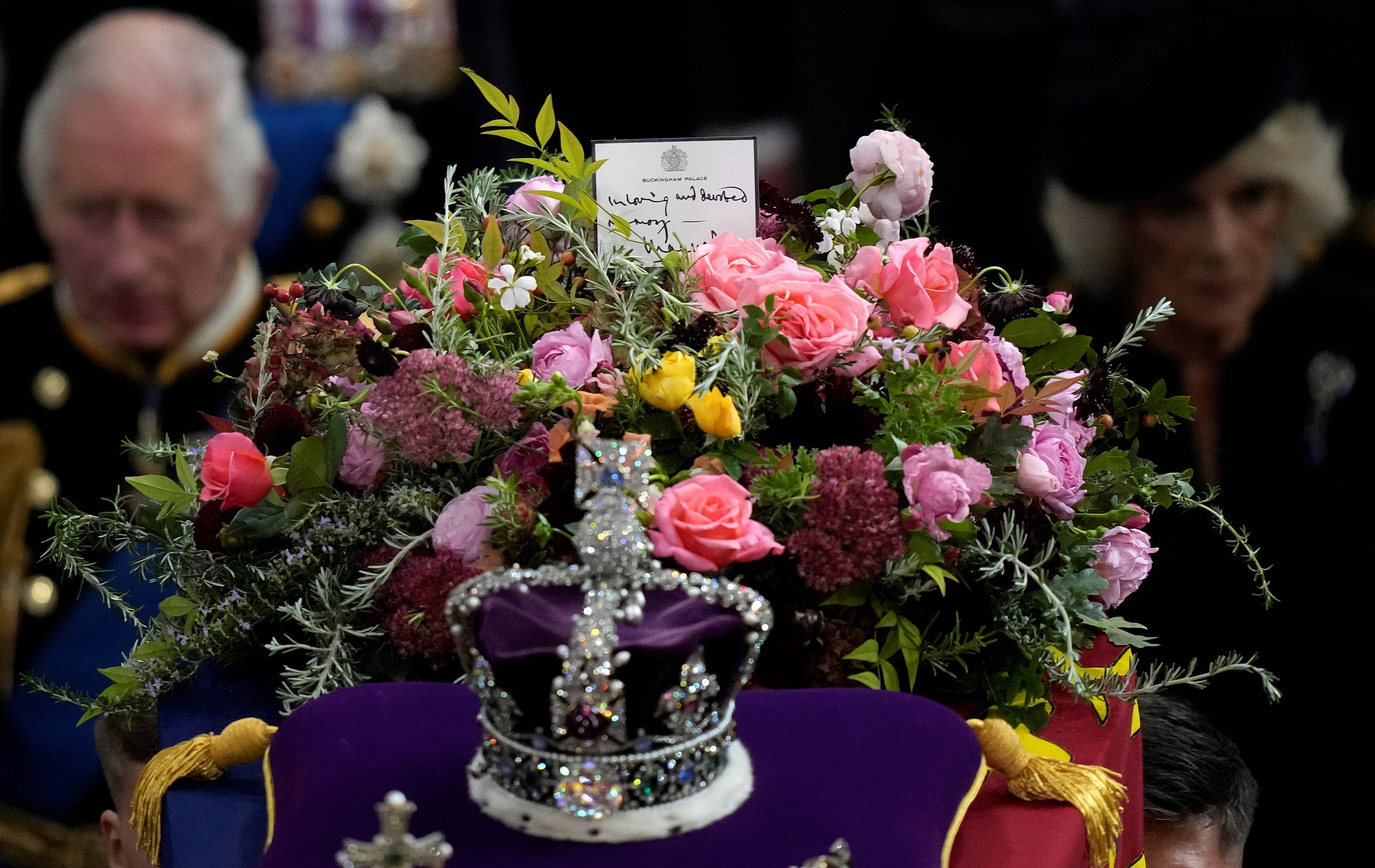Coronating Christian Nationalism
As King Charles III officially receives his crown during his royal coronation on Saturday (May 6), the ceremony will include lots of pomp and symbolism. And also Christian Nationalism.
Ironically, the mix of God and country will continue even as the new king strives for a more pluralistic coronation. For the first time, members of other faiths will play significant roles in the ceremony, a change occurring at the king’s insistence.
British Prime Minister Rishi Sunak, the first Hindu in that position, will read from Colossians about the “loving rule of Christ over all people and all things.” Jewish, Muslim, and Sikh leaders will also participate in the coronation by handing Charles objects of the royal regalia, while Bahai, Buddhist, Jain, and Zoroastrian representatives will also join the official procession. Quite a shift from the last royal coronation in 1953.

Such interfaith participation — and the presence of female bishops for the first time — will give a 21st century feel to a ceremony full of ancient symbols and rites in Westminster Abby that has served as the site of royal coronations since 1066. The more inclusive ceremony makes sense in light of the census last year showing for the first time a majority in England and Wales no longer identify as Christian.
However, the service will still be heavily Christian. As Archbishop of Canterbury Justin Welby, who as the head of the Church of England will lead the ceremony, explained, “The coronation is first and foremost an act of Christian worship. The signs, symbols, and language we use remind us that our God is the Servant King.”
Welby’s comments ahead of the coronation often carried a Christian Nationalistic tone. On the one hand, that shouldn’t be surprising given his communion’s status as the official state church in his nation (and the requirement by law that the monarch be part of the Church of England and swear to preserve it as the established church).
On the other hand, such Christian Nationalism might seem odd in a denomination with a reputation for being progressive and inclusive. And Episcopal Presiding Bishop Michael Curry, the head of the largest Anglican body in the U.S., has been outspoken about the dangers of Christian Nationalism, especially after the Jan. 6, 2021, attack on the U.S. Capitol.
In a tradition conceived with the idea of leading a “Christian” nation, shaking an original sin like Christian Nationalism clearly remains difficult. Even as the new monarch seems willing to embrace a more pluralistic nation, some clergy preparing the service seem to still struggle with how to divorce church and state in their theology.
With this weekend’s coronation/worship service, the Church of England will give Christian Nationalism a global spotlight, once again discipling people in a faith that too willingly weds itself to power. So this issue of A Public Witness will take a look at problematic theology in the coronation by analyzing a 28-day guide of “daily prayers for the coronation of King Charles III” published by the Church of England and the official liturgy for Saturday’s ceremony. Then this issue will also consider a theological lesson from changes since the time of King Charles I.




